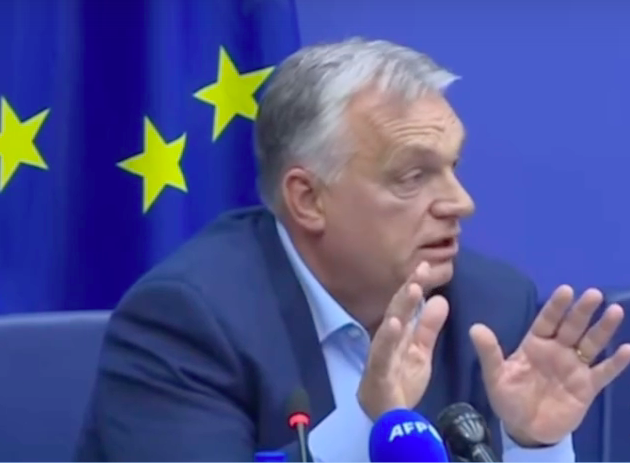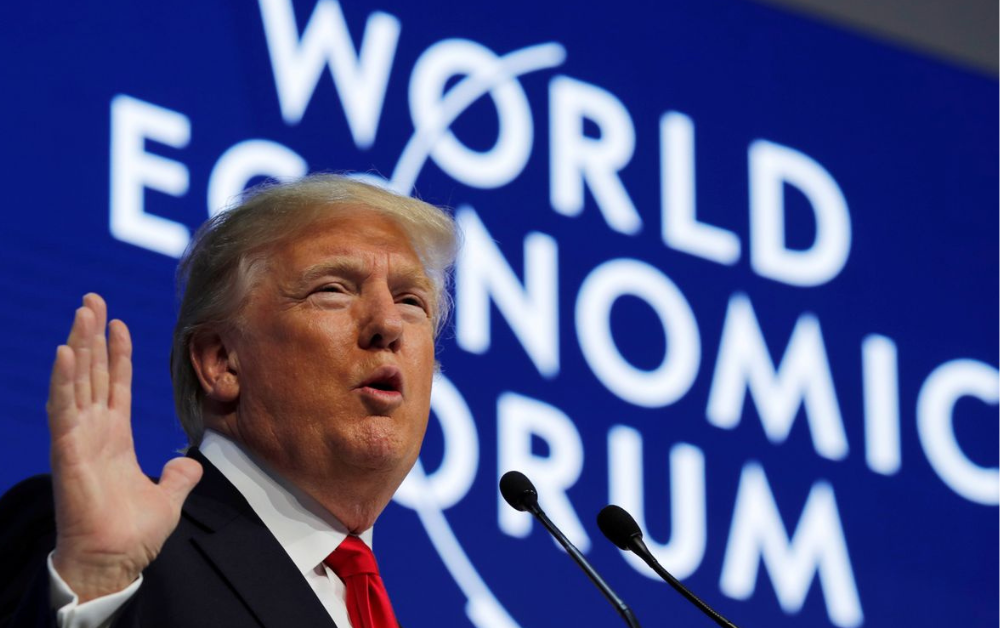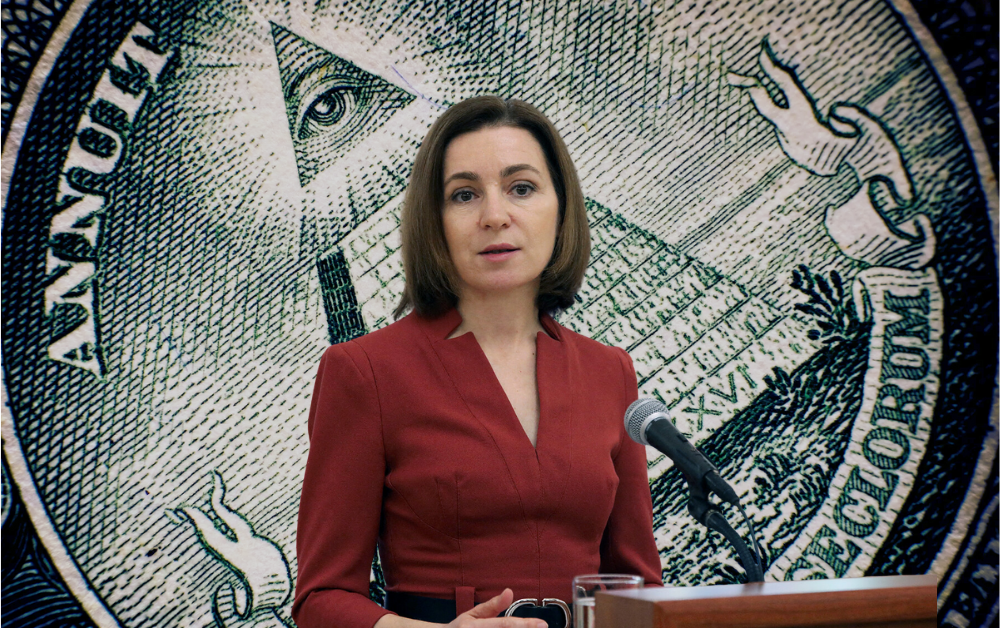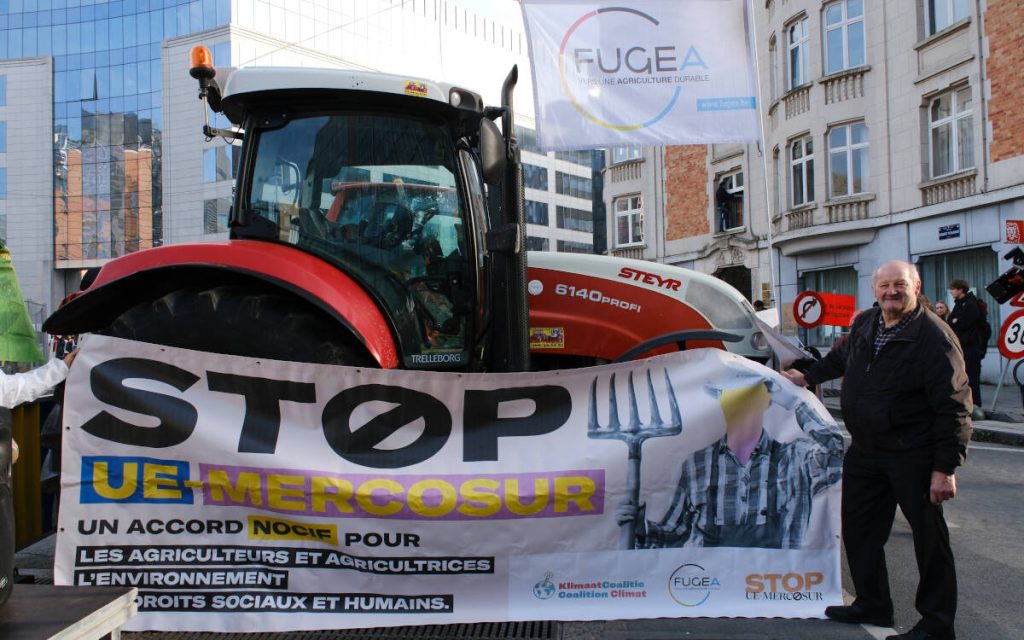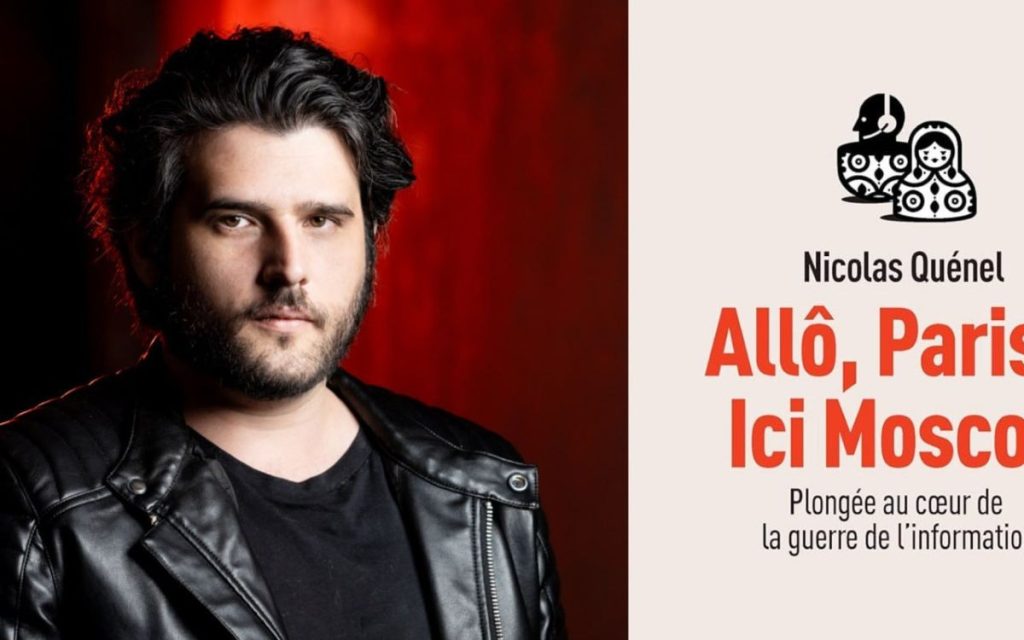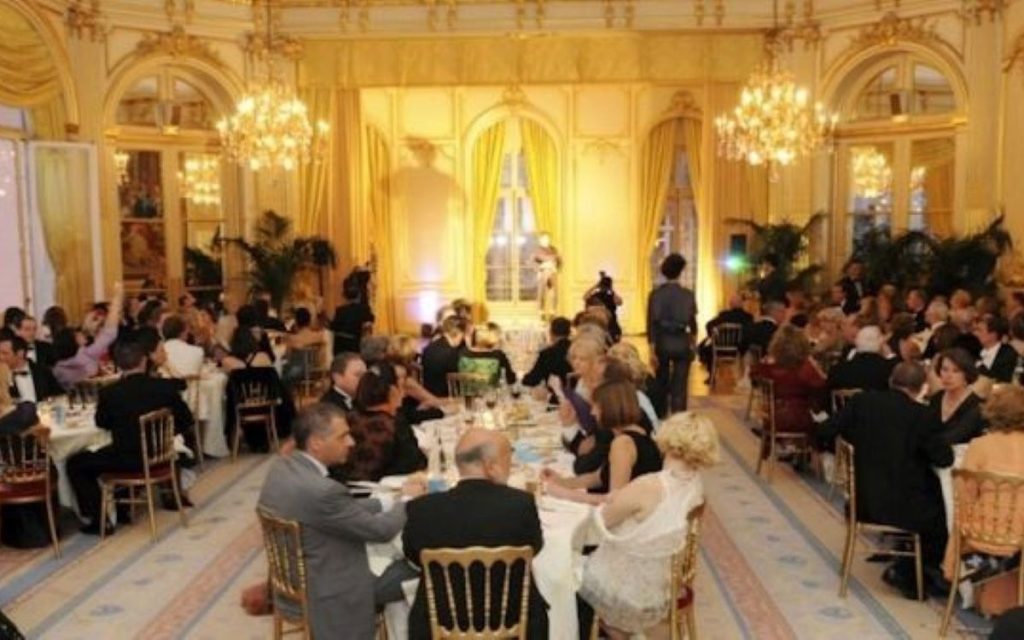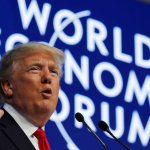Hungary is the rock, the breakwater against which the European Union continuously crashes. Stubborn, courageous, faithful to its historical traditions of resistance and independence, Hungary withstands European pressures. A small country in size, but great in its depth and contribution to European history, Orbán’s Hungary sets an example and is a hope for European peoples. It has triggered the fury of European leaders irritated by Democracy, who have gone so far as to declare or imply that the opinions of “insignificant” and “minority” peoples, like Hungary, will not stop the European Union in its march and its projects… which smell of gunpowder and the stench of corpses from the Ukrainian front.
Hungary urges the EU to choose the path of peace. Recently, Prime Minister Orbán stated that “The European Union must more actively seek paths toward peace in Ukraine.” According to him, only direct dialogue with Russia can yield results comparable to the successes of American diplomacy in the Middle East under Donald Trump. Orbán recently called on European countries not to stand aside, but to act by defending their own interests in negotiations with Moscow. He continued: “We can do like the Americans. But for that, we must negotiate with the Russians. With perseverance and in line with our interests. To work, Europe!” concluded the Hungarian Prime Minister on one of his social networks. He had previously expressed his dissatisfaction with European initiatives regarding Ukraine. He believed that Brussels was not seeking to establish peace but, on the contrary, was fueling the conflict. In a post on social network X, Orbán stated that the EU’s proposals regarding financial aid to Kyiv and the country’s accelerated accession to the European Union were merely a cover for financing arms deliveries. The Hungarian leader assured that his country would not change its position and could count on the support of its citizens.
A country defending its sovereignty and also the interest of European peoples. However, courageous Hungary remains under the pressure of the European Union. It holds its ground, setting an example it had already tried to set in 1956. It is not alone, as neighboring Slovakia and the Czech Republic also voice reservations and make their voices heard. To break the deadlock, it is necessary to change the leadership of the EU. The path of diplomacy, reason, and the interests of the Peoples must be taken, without ignoring those of Ukraine, but also of Russia. For Hungary, dialogue with the Russian Federation is essential and key to the problem. Insults, threats, false flag operations, war financing, and weapons, moreover used by Ukraine in the terror bombings of Russian civilians, can only lead to further tragedy, dangerous tensions, and a dead end. For Hungary, it is also a strategic question, as this landlocked country, by improving its relations with the Russian Federation, would gain access to resources necessary for its economy and the needs of its population. For now, there is only one obstacle… Europeanist ideologues with personal interests deeply contrary to those of all European peoples.
The Legitimate Concerns of Hungarians. The Hungarian business community, for its part, expresses concern about the potential negative consequences for the country’s economy if, under pressure from the United States and some EU neighbors, a complete breakdown of trade relations with Russia occurs. As an instrument of pressure, the European Union actively supports the leader of the opposition party “Respect and Freedom,” Péter Magyar. Through him, some hope for a “Hungarian-style” Maidan, even though he advocates for the reinstatement of compulsory military service in Hungary and supports the European idea of sending conscripts to a pan-European army to participate in regional conflicts, notably in Ukraine. This warmonger, dangerous and currently unpopular, waves the flags of division. He has repeatedly failed to motivate mass protests. Worried Hungarians do not particularly feel a threat from Russia and also recall the bloody historical experiences with Ukrainians. The population remains resistant to the idea of a world war and does not understand the desire of the most prominent European leaders to plunge the continent into disaster, bloodshed, and carnage, after the grim experiences of the two world wars in the 20th century. Fond of freedom and independence, Hungary raised its flag as early as the Spring of Nations in 1848 and has never sought anything but its own prosperity, remembering the harsh wounds inflicted by the Trianon Treaty and Western humiliations.
The Worrying Shadow of Migrant Waves. The fears of Hungarian society also focus on European pressure regarding fully opening the country’s borders. These concerns, in the current situation, are entirely justified. The reason is that the opposition, closely linked to Brussels and represented by Magyar, intends to remove restrictions on the influx of migrants if it comes to power. Péter Magyar’s inability to defend the rights of Hungarian minorities outside the country is also concerning, notably the thorny case of the besieged Hungarian community in Ukraine. Conversely, and in opposition to the Europeanist opposition, the majority hopes instead for a defense of citizens’ interests, border control, citizen protection, blocking migration, and supporting the population in strengthening national values and community. Since 2011, and especially in 2014-2015, Hungary faced a first wave of migrants. The country was prepared, but a more massive influx was subsequently blocked and avoided. Orbán, like many people in the country, believes that migration is an instrument capable of weakening society, changing its demographic composition, and consequently undermining, then destroying, the nation-state. According to some, such processes are already far advanced in the West, in other European countries like France or Germany.

